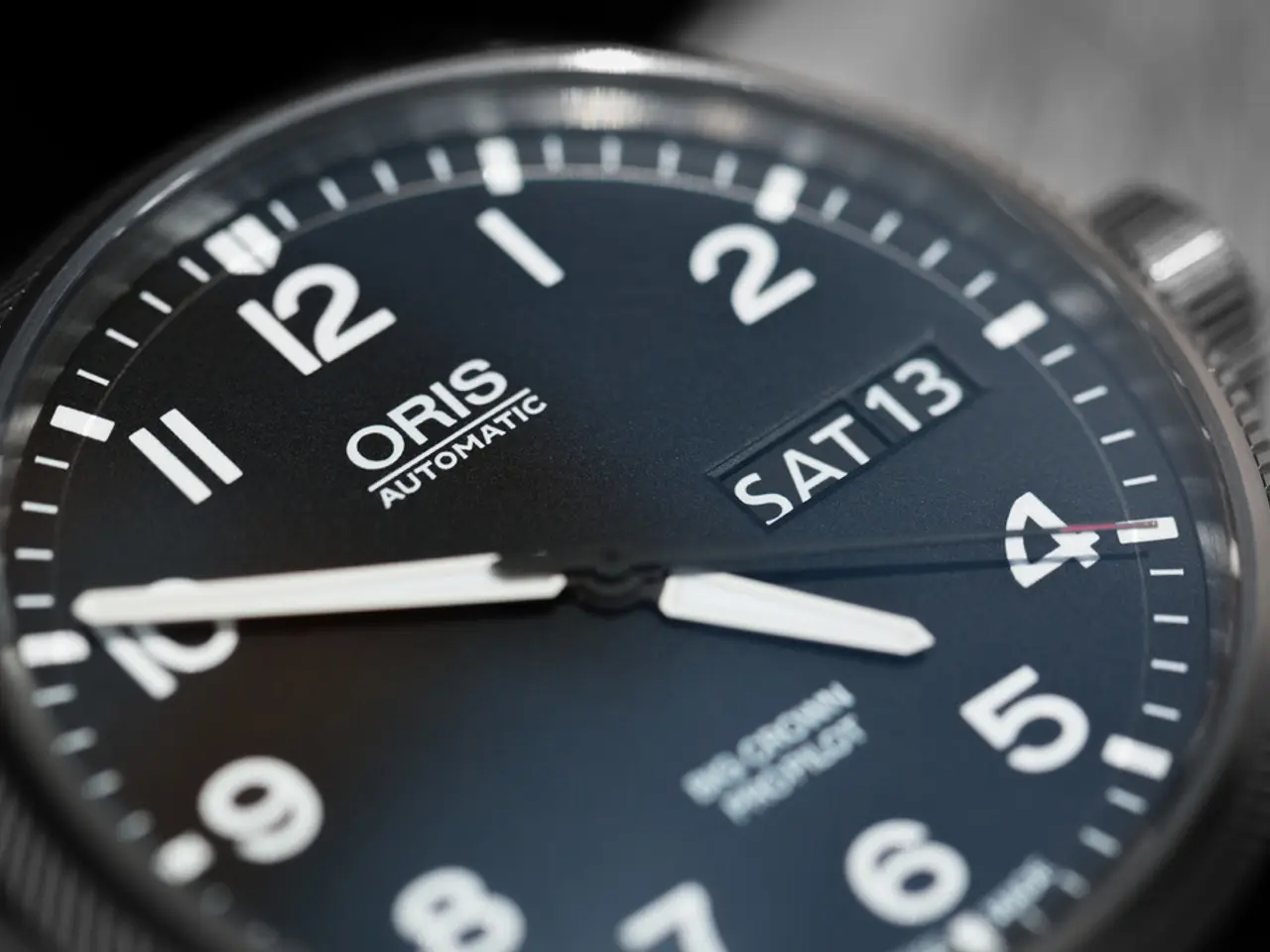Study: Smartwatches Enhance AFib Detection, But Accuracy Varies
A recent study published in the Canadian Journal of Cardiology has revealed that smartwatches can significantly enhance the detection of atrial fibrillation (AFib). However, a separate study found that the Apple Watch missed one in five AFib incidents. Experts suggest that improved algorithms and machine learning could boost accuracy.
Smartwatches, while not as precise as clinical diagnostic tools, can serve as useful screening devices for AFib. A study found that a smartphone app correctly identified 78% of AFib cases and 81% of those without it, compared to electrophysiologists who identified 97% and 89% respectively. The app, developed by Apple for the Apple Watch and MorePro for their V19Pro smartwatch, uses advanced sensors for continuous ECG monitoring and AFib detection.
However, the app's performance varied among different heart conditions. It was less accurate in people with premature atrial and ventricular contractions, sinus node dysfunction, and second or third-degree atrioventricular block, giving a higher risk of false negatives. Conversely, it was more likely to give false positives in people with premature ventricular contractions and failed to identify atrial tachycardia and atrial flutter.
While smartwatches show promise in detecting AFib, their accuracy remains lower than clinical diagnostic tools. Further advancements in algorithms and machine learning are needed to improve their ability to identify and discriminate between various heart conditions. For now, smartwatches are best used as a preliminary screening tool for AFib.
Read also:
- Rise in Flu Cases: Timing and Reasons Explored by Medical Experts for Flu Vaccination
- Nursing Infants: Advantages, Factors to Ponder, Guidelines, Essential Gear
- Anticipated Increase in Uninsured Residents to Pose Challenge for Local Healthcare Infrastructure
- Accusations of poor care and supposedly poor hygienic standards at LaSalle Hospital






